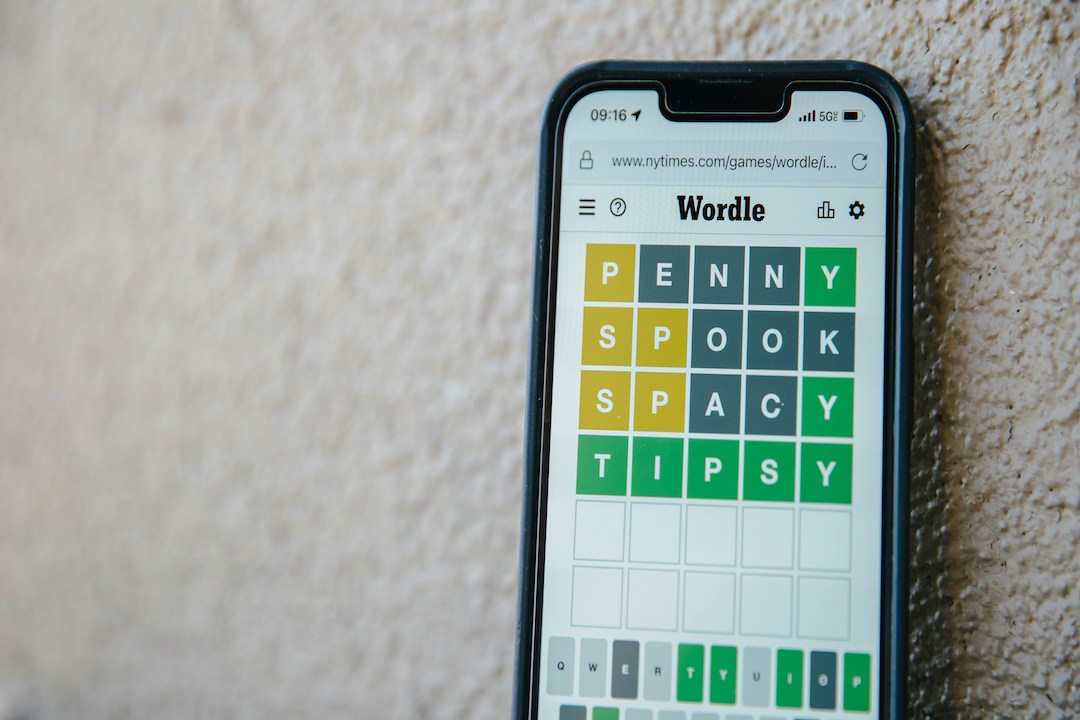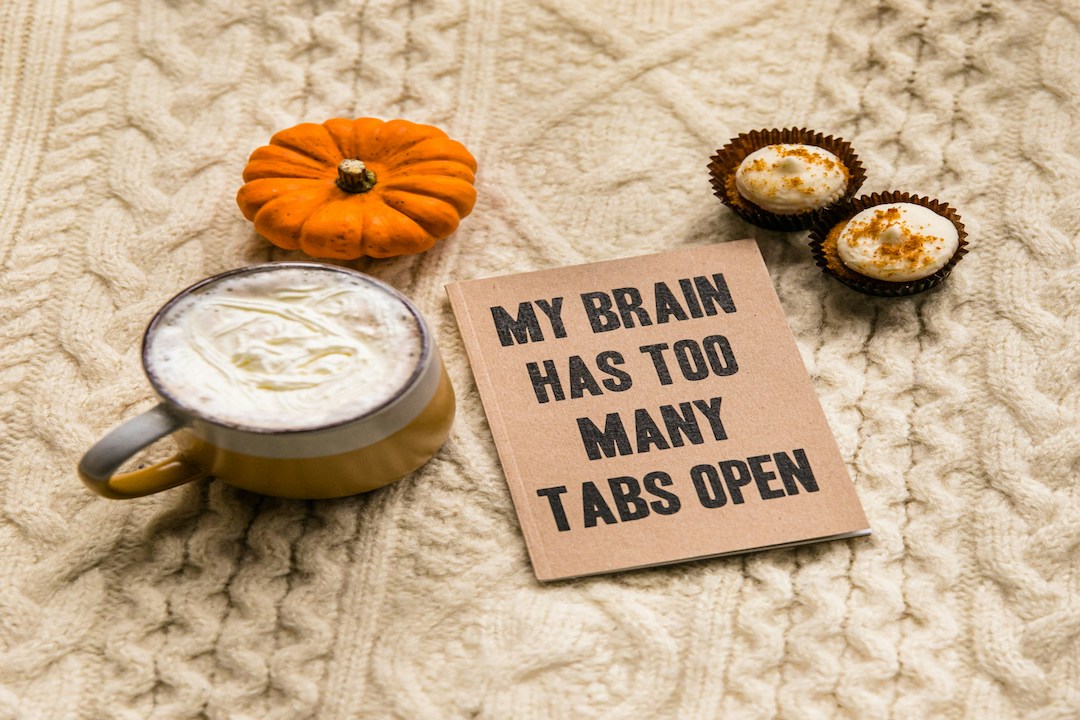In an era where digital distractions are rampant, finding activities that not only entertain but also enhance cognitive brain functions is vital.
Brain training and memory games like Wordle and others stand out not just for their entertainment value but for their role in promoting brain health and social connectivity. We explore how games like this can have an impact on your own mental acuity and business productivity.
Cognitive Training Games
Cognitive training games, including puzzles, word games, and problem-solving activities, offer a unique blend of entertainment and mental exercise. They engage various cognitive skills such as memory, attention and problem-solving abilities, which are crucial for maintaining brain health and enhancing productivity.
In the digital age, where attention spans are challenged, these games provide a constructive diversion, sharpening the mind while offering a break from the monotony of daily tasks.
Benefits for Mind and Business
Brain training apps such as Lumosity, Peak and Elevate serve as tools for cognitive enhancement, tailored to improve specific mental functions. These apps offer exercises that can boost memory, increase focus, and improve decision-making skills, which are directly translatable to increased efficiency and productivity in the workplace. For businesses, encouraging the use of such apps among employees can lead to a more mentally agile and focused workforce, capable of innovative thinking and effective problem-solving.
Moreover, the regular use of these apps may contribute to long-term brain health, potentially delaying the onset of cognitive decline associated with ageing. This aspect emphasises the importance of cognitive exercises in personal health regimes, aligning with broader wellness goals that include physical exercise and a balanced diet.
Case Study of Wordle

Wordle is a word puzzle game that gained widespread popularity for its simple yet engaging format. It was created by software engineer Josh Wardle as a private exercise and gift for his partner, who loved word games. The game involves guessing a five-letter word within six attempts, with feedback provided for each guess in the form of coloured tiles indicating when letters match or occupy the correct position. Launched publicly in October 2021, Wordle quickly became a viral sensation, praised for its minimalist design and the communal experience it fostered among players. Its success led to its acquisition by The New York Times in January 2022, where it continues to attract a broad audience, offering a daily challenge to word puzzle enthusiasts worldwide.
Wordle exemplifies the cognitive benefits of such games. It challenges players to think critically, enhances vocabulary, and improves pattern recognition through daily engagement. This game’s success highlights how a straightforward concept can have a profound impact on mental agility and language skills. Moreover, Wordle has an educational value, expanding vocabulary through exposure to new words and reinforcing language learning in a fun, stress-free environment. The joy of discovering and understanding new words adds layers to the game’s appeal, making it a powerful tool for lifelong learning and curiosity.
Beyond the brain, Wordle offers a much-needed respite from the stresses of daily life, providing a moment of zen-like focus that can alleviate anxiety and boost mental well-being. The sense of achievement that comes from solving the daily puzzle is a small yet significant morale booster, fostering a feeling of accomplishment and self-efficacy.The social aspect of Wordle is equally impactful. It has cultivated a global community of enthusiasts who share their triumphs and challenges, creating bonds over shared experiences. This communal aspect brings a sense of belonging and connection, making Wordle not just a game but a shared journey. The discussions and camaraderie that emerge from this collective engagement underscore the game’s role in promoting social interaction and emotional support in an increasingly isolated world. This aspect was exacerbated during the pandemic and has remained consistent since.
Other Habits for a Healthy Brain

Apart from engaging in brain-training apps and games, incorporating other healthy habits into one’s routine is crucial for maintaining cognitive function. Regular physical exercise, for instance, has been shown to improve memory and slow cognitive decline. A balanced diet rich in omega-3 fatty acids, antioxidants and vitamins supports brain health, while adequate sleep and stress management techniques such as mindfulness and meditation can enhance cognitive resilience. To read more on how to achieve a healthy brain, click here.
Cognitive brain training games play a significant role in enhancing personal and professional capabilities, offering a unique blend of entertainment and mental exercise. By engaging in these activities, individuals can significantly improve problem-solving skills, memory, attention, mental flexibility, and decision-making abilities.
Moreover, these games serve as a valuable tool for stress reduction, creativity enhancement, and fostering teamwork and communication. As such, incorporating cognitive games into daily routines can lead to substantial benefits, not only boosting cognitive functions and emotional well-being but also enhancing productivity and innovation in the workplace. Ultimately, cognitive games represent a simple yet powerful method to cultivate a sharper mind and a more dynamic professional life, proving that learning and improvement can indeed be enjoyable and rewarding experiences.
To read more stories like this one visit AusBizMedia.com.

